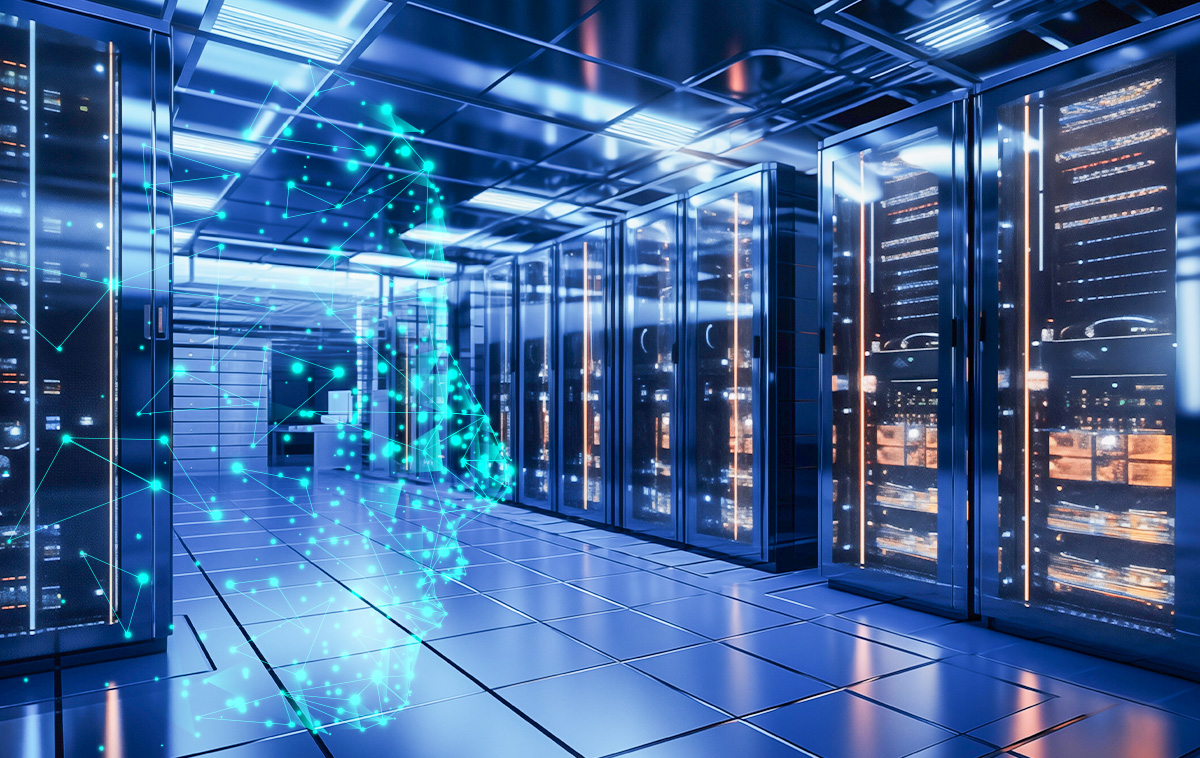Nowadays, there seems to be no conference dedicated to digital transformation where the term “artificial intelligence” isn’t used in every possible context. If anyone thought that the rapid rise in interest in AI-driven chatbots was just a passing fad, they have likely realized by now that it is not a matter of temporary fascination – it is a strong trend based on technology that is changing entire industries before our eyes, altering how we view the future, challenging the future structure of employment, and current business models.

Artificial intelligence interests individual users who create images in the style of Van Gogh or compose music like Tchaikovsky on their computers. It interests companies looking for ways to offer services faster, cheaper, and more tailored to the individual needs of customers, and governments see in this technology not only a chance for another technological leap in the economy but also a huge challenge and risk – including in terms of national security. Therefore, it’s no surprise that reports and studies highlighting the potential and possible directions for AI development appear time and again. All of these have one thing in common – they emphasize the importance of preparing the appropriate technical infrastructure to ensure safe and efficient processing of zettabytes of information, which are the basis for the digital economy.
AI applications, especially deep learning algorithms, require significant computing power to process and analyze vast amounts of data. This demand for computing resources will drive the need for stronger and more efficient equipment in data centers. The importance of edge computing, where AI computations are made as close to the data source or end-users as possible to avoid delays, will also grow.
As artificial intelligence becomes more widespread and touches on such critical areas as medical data, data security becomes a critical issue. Interestingly, it is artificial intelligence itself, used as a tool, that constitutes one of the fastest-growing risks to the security of this data. Hence, the infrastructure used for data processing increasingly utilizes AI-based mechanisms for its security. This real arms race in the field of using AI mechanisms to ensure data security obviously promotes large, professional data processing centers, which can benefit from economies of scale and the experience of global teams implementing the latest solutions in real-time.
Just as artificial intelligence needs secure and efficient data processing centers, these centers need energy. According to the International Energy Agency (IEA) in 2021, data centers’ energy consumption was between 220 and 330 terawatt-hours (TWh), which accounts for about 0.9–1.3% of total global electricity demand. This is more energy than some countries use each year. It is worth noting that energy efficiency is an element that, with increasing needs, may decide the transfer of data processing to professional centers.
Reading the Deloitte report from January 2024, it is worth noting that over 60 percent of managers participating in the study are not only interested but even fascinated by the possibilities of using AI technology. More than half of them believe that this will increase productivity, one-third think it will lower operating costs, and nearly 30% believe that AI will improve their products and services. Perhaps more importantly, nearly 80% of respondents believe that the use of AI will lead to the transformation of their businesses over the next 3 years.
Thus, everything indicates that artificial intelligence will be the driving force behind the digital transformation in the coming three years, which in turn means demand for increasingly efficient and effective equipment, increased network bandwidth, the development of edge processing capabilities, and greater energy consumption. All of this in a format that creates maximum security for data processing. In other words – demand for professional data processing centers.”
[1] „Now decides next: Insights of generative AI adoption”, Deloitte’s State of Generative AI in the Enterprise Quarter one report, styczeń 2024 https://www2.deloitte.com/ro/en/pages/technology/articles/state-generative-ai-enterprise-now-decides-next.html


